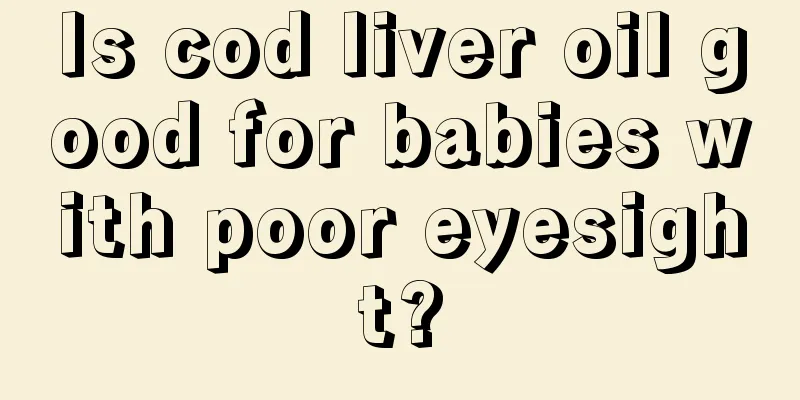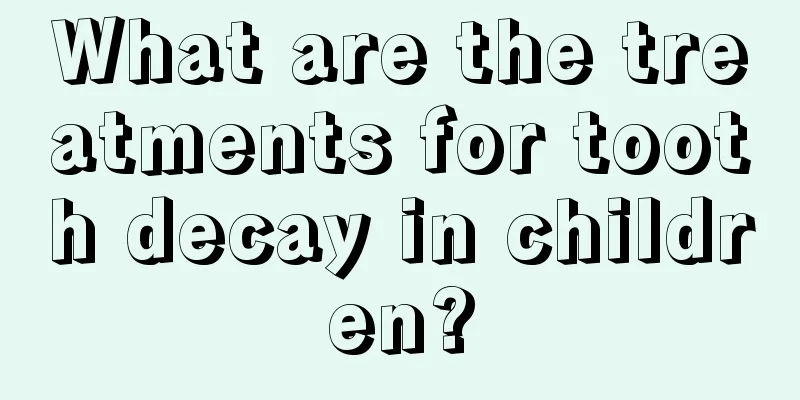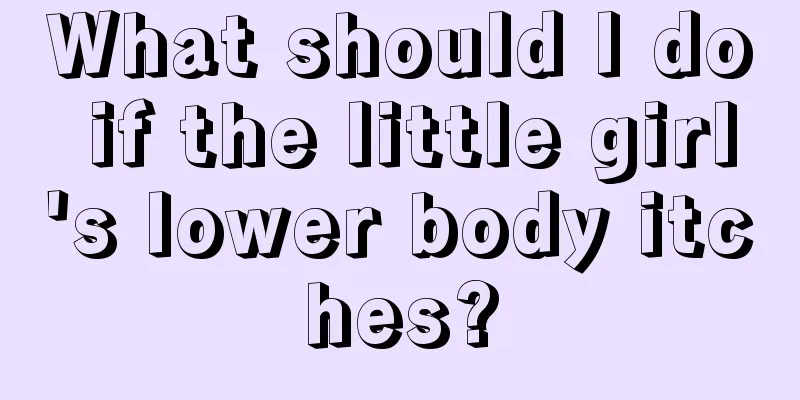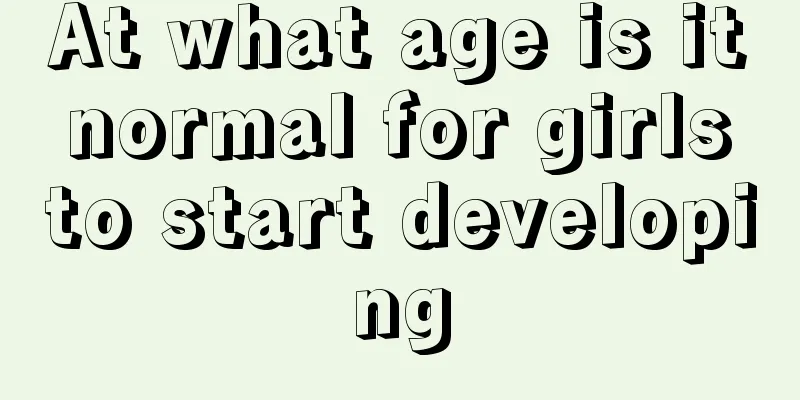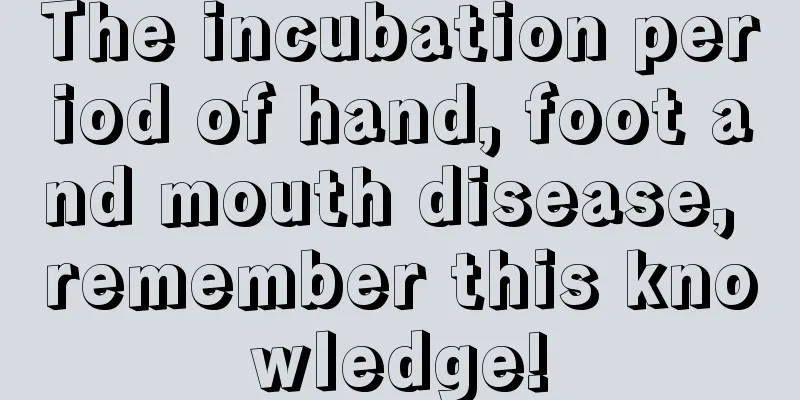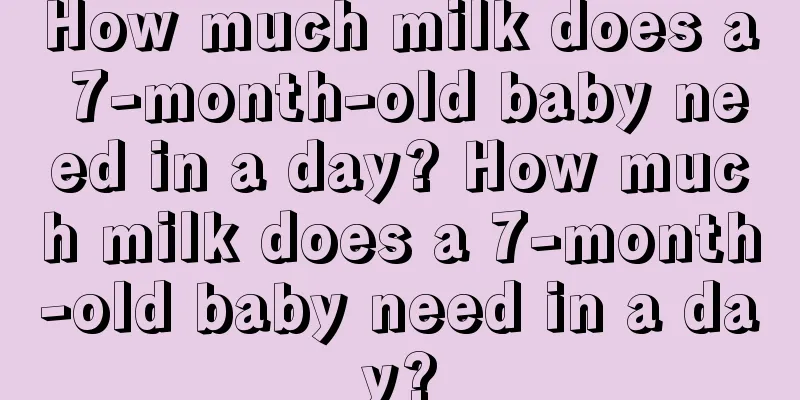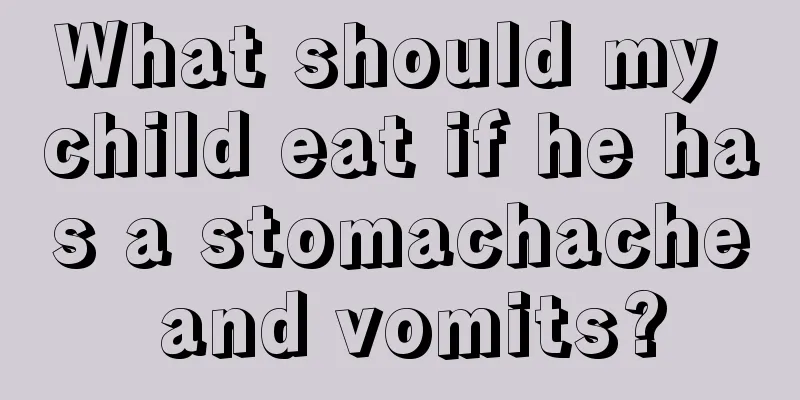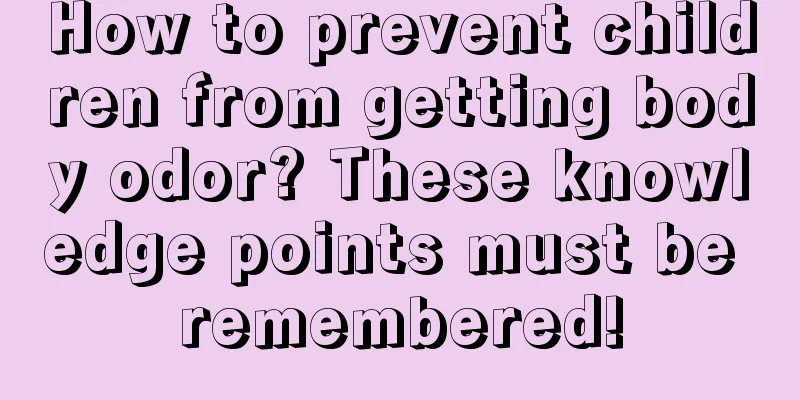Is nebulizer good for children's cough?
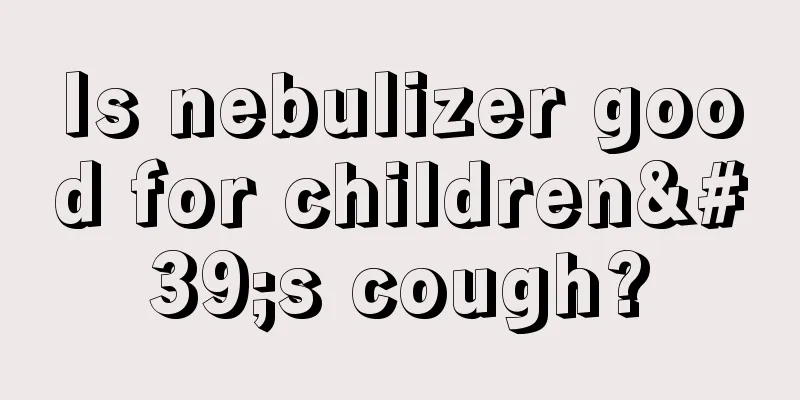
|
We will find that many children in the hospital always inhale nebulizer when they cough. Nebulizer inhalation is a common method that can quickly relieve frequent coughing and can also serve as a physical therapy. However, you need to be careful during the nebulizer inhalation process and try not to do it privately at home. You can go to the hospital and use it according to the doctor's prescription. 1. The working principle of atomization inhalation therapy: Nebulizer therapy mainly refers to aerosol inhalation therapy, which is a treatment method in which bronchodilators, antibiotics or antifungal drugs are made into aerosols and inhaled into the airways and lungs in the form of smoke or mist through the mouth, nose or trachea, of course including tracheotomy tubes and tracheostomy tubes, so as to achieve the purpose of treating diseases or delaying symptoms. However, the most original function of atomization is to moisten phlegm and promote its absorption and excretion. 2. Indications for aerosol inhalation therapy: 2.1 After surgical endotracheal intubation or tracheotomy, the goal is to humidify the airway. 2.2 Acute inflammation of the upper respiratory tract, with symptoms of severe cough, thick sputum, and green-yellow color; 2.3 Acute attack of bronchial asthma (some industry insiders also believe that nebulization inhalation for asthma can cause bronchospasm and excessive humidification of sputum causing blockage). 2.4 Patients with emphysema, cor pulmonale and infection with thick sputum and difficulty expectorating, or patients with bronchospasm and breathing difficulties, or patients with bronchiectasis infection, lung abscess and other patients with thick sputum that is difficult to cough up; 3. Contraindications and side effects of nebulized inhalation therapy: 3.1 Emphysema, asthma (because the particles are too small, more fog points enter the alveoli, and the oversaturated fog liquid can cause bronchospasm and aggravate asthma symptoms) 3.2 Children and the elderly with poor expectoration ability. Nebulization that is not indicated or excessive nebulization will cause over-humidification of sputum, which exceeds the absorption capacity of the mucosa. At this time, the sputum cannot be excreted from the body in time. On the one hand, it is more conducive to the reproduction of pathogenic microorganisms and aggravates the infection. On the other hand, the sputum spreads downward along the body position, causing the infection to spread downward at the same time. Especially for children under 3 years old, the absorption capacity of the respiratory mucosa is limited and the ciliary movement is weak. Nebulizer treatment must comply with the nebulizer indications. 3.3 Patients with heart and kidney dysfunction. 4. Misunderstandings and side effects of nebulizer inhalation therapy: Misconception 1: Inhaled drugs can reach the affected area directly, so they work faster than oral drugs and are more effective for children. The principles and indications of nebulization therapy have been discussed in the previous article, and nebulization inhalation for the treatment of lung diseases can only be called an auxiliary treatment method. Taking nebulized antibiotics as an example, we must have concerns in these aspects. First, it is difficult to assess the effective concentration of nebulized antibiotics in the lungs. If the effective concentration is not reached, it is easy to induce bacterial resistance. Second, the distribution of nebulized inhalation in the lungs is diffuse, but infection is not necessarily the case, and there may be drug sedimentation problems in non-infected areas. Third, the amount of drug inhaled during nebulization treatment is affected by multiple factors. Different medical workers, different patients, and even patients at different times may achieve different effects, which is difficult to grasp. Fourth, some drugs in nebulization treatment are directly discharged to the outside world, causing pollution to the external environment, etc. Therefore, it is extremely unscientific to simply say that the atomization effect directly targets the lesions and is more effective than oral medication. |
<<: When is the voice change period for girls
>>: What should I do if my child's teeth are crooked?
Recommend
How to treat a child with fever and convulsions? These are the methods!
Young children are very fragile. Once they have a...
Can babies drink yogurt when they have a fever?
Diseases are very common in life. Many factors in...
Does the baby need to heat the avocado?
Avocado is also a good complementary food for bab...
Can a one-year-old baby eat vinegar?
One-year-old babies can start eating some complem...
Normal height for a 13-year-old
Every parent is very concerned about their child&...
Psychological aspects of nervous system development in preschool children
The development of the nervous system is directly...
Symptoms of calcium deficiency in 6-year-old children
If a six-year-old child is calcium deficient, the...
Primary school students not paying attention in class
We all know that primary school students have par...
Why does the child not sleep and cry?
We all know that sleep is the best time for child...
Introverted, cowardly, inferior, lonely
In life, some people are introverted, some are co...
What is the baby's lack of yellow and sparse hair?
In our daily life, we may see that many girls hav...
What to do if newborns are often constipated
Constipation refers to dry and hard stools. Indig...
Why does my baby sweat so much?
The baby's body resistance is relatively frag...
What causes nipple pain in girls
Nipple pain in girls may be because the breasts a...
Is it bad if the baby takes a bath every day?
Clean-loving mothers often bathe their babies onc...
